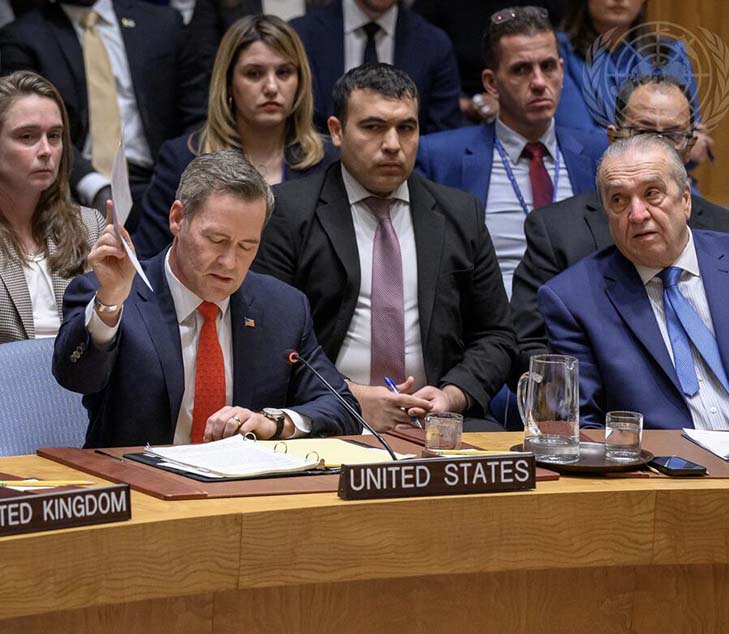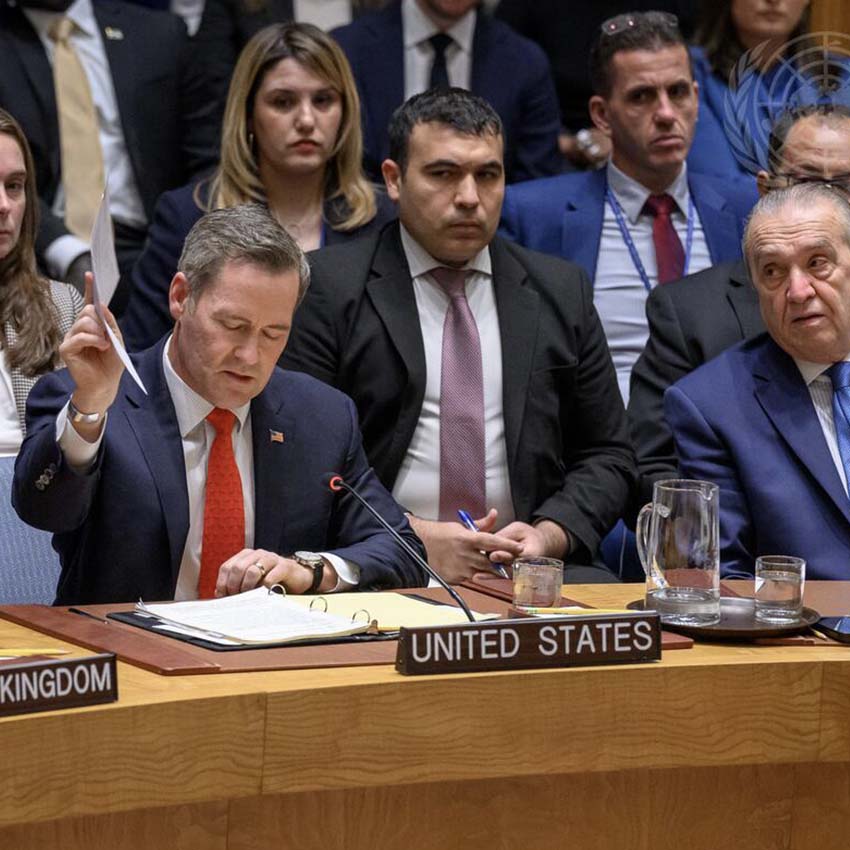President Donald Trump’s Twenty-Point Plan, which led to the ceasefire in the Gaza Strip on October 10, 2025, gained further weight with the approval of UN Security Council Resolution 2803 on November 17. Its immediate meaning is that control of the Strip is passing, in practice, into American hands for the next two years. Yet even before the Security Council voted and immediately after the establishment of the American Civil Coordination Center in Kiryat Gat, critical and alarming claims began flooding Israeli public and political discourse.
One argument was that Israel is becoming a protectorate of the United States, and another focused on creating a dangerous precedent by internationalizing the conflict with the Palestinians and removing Israel’s influence over its management. Added to these was a claim that emerged after the highly publicized visit of Saudi Crown Prince Mohammed bin Salman to the United States and his meeting with President Trump at the White House on November 18. Critics argued that Israel would lose its aerial superiority and military advantage because the American president intends to approve the Saudi request to purchase F-35 aircraft. Such a move, they said, would strip Israel of its premier status as America’s preferred ally in the Middle East.
All three claims contain a grain of truth, but their mere existence does not validate them, and indeed not their harshest interpretations. The fact that the Americans are investing enormous effort to ensure the implementation of President Trump’s plan, which aligns with Israel’s crucial interest in its success and in assigning responsibility for any failure solely to Hamas, together with the need to build legitimacy for resuming military action in the Strip should no alternative emerge for disarming Hamas and demilitarizing Gaza, does not turn Israel into a protectorate. Internationalizing the conflict, especially regarding the Strip, is not necessarily harmful to Israel and can even be viewed as a strategic achievement and a form of historic justice. Evidence of this is the shift of Gaza’s problem into the hands of regional states and the international community led by the United States, which is assuming practical responsibility for addressing it while preserving Israel’s vital security interests and, more importantly, recognizing their necessity in explicit and official terms.
Even American willingness, at this stage, from a president who still requires congressional approval, to sell aircraft to Saudi Arabia, certainly as a condition for normalization with Jerusalem, does not cancel Israel’s military advantage or its aerial superiority and does not erode its unique stature as America’s most reliable and significant ally in the region.
Support for the plan, as a long-term investment
Still, the three claims, even if exaggerated, deserve strategic attention from Israel and require wise, calculated, and, above all, creative statecraft to protect its vital interests and ensure their optimal fulfillment.
Israel has a supreme interest in the full and successful implementation of the Twenty Point Plan. The plan, presented to the president for approval, was prepared jointly by his two trusted envoys, Steve Witkoff and Jared Kushner, in consultation with Prime Minister Benjamin Netanyahu and Minister Ron Dermer. It clearly serves the five war objectives set by the Israeli government: dismantling Hamas’s military capabilities, demilitarizing the Strip, securing the release of the living hostages and the fallen, establishing an alternative governance structure to Hamas, and ensuring increased Israeli security responsibility for the Strip, including a military presence in its territory until the new civilian administration is established and the security situation is stabilized.
Implementing the plan without renewed Israel Defense Forces fighting against Hamas is an overriding priority for Israel and no less so for the United States. President Trump views ending the war in the Gaza Strip as a necessary condition for advancing his regional strategic vision, which centers on a new regional architecture based on expanding the Abraham Accords and achieving normalization with Saudi Arabia. The president’s prestige, as well as that of the United States, is on the line, particularly after Washington’s impressive diplomatic achievement in securing unanimous agreement from the Security Council and enshrining the plan as Resolution 2803.
American success in this case is, by necessity, Israeli success, and as America’s principal ally in the region, Israel must help ensure the plan’s implementation. Suppose this requires giving the United States time and operational space to proceed in its own way, even by establishing a coordination headquarters on Israeli soil, conducting independent intelligence gathering in the Strip, and monitoring the agreement. In that case, it is right to do so. Israeli cooperation, even at the price of a temporary and partial reduction of complete freedom of action, is essential for maintaining, feeding, and strengthening the special relationship with the Americans and for deepening the coordination required in preparation for likely disruptions. The working assumption must be that such disruptions will indeed occur. In such a scenario, Israel will be able to solidify and expand American legitimacy, followed by that of the other partners and supporters of the plan, for resuming the fight against Hamas to dismantle its military capabilities and ensure the demilitarization of the Strip.
In alliances, especially when there is a marked asymmetry in favor of the United States, as is the case with Israel, it is sometimes necessary to pay certain prices at a given moment to secure strategic achievements later. Therefore, it would be a mistake to interpret the recent developments as evidence that Israel has become an American protectorate. It is more accurate to understand them as expressions of forward-looking cooperation.
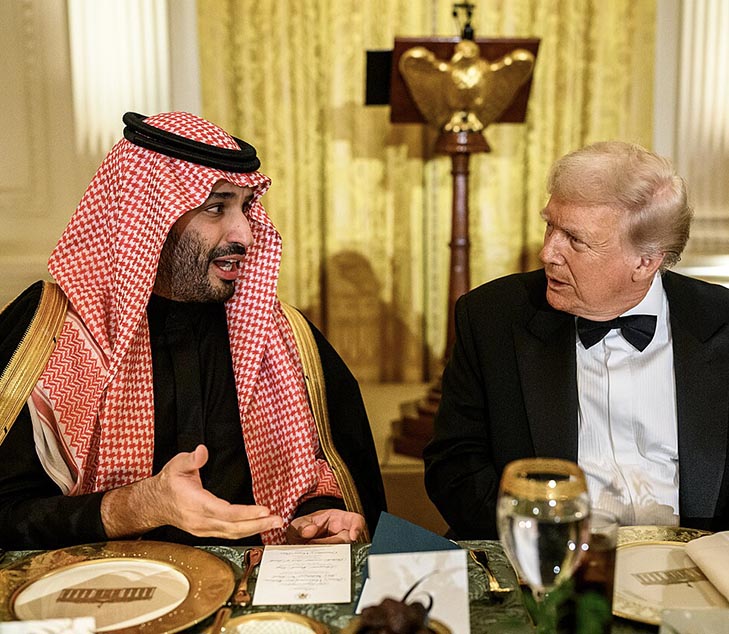
The burden of proof on the Palestinian Authority
The American presence and activism in its unique form (the Civil Coordination Headquarters established in Kiryat Gat under the command of CENTCOM), the possible establishment of the International Stabilization Force (ISF), which is meant to operate in the Gaza Strip, and especially the Security Council resolution that effectively creates the mandate for the task force by virtue of the authority it grants the plan—all of these can indeed be viewed as steps that turn the conflict, at least about the Gaza Strip, into an international matter. Some extend the idea of internationalization to the entire Palestinian arena, relying on the clause in the resolution referring to a possible and credible path to recognizing the Palestinian people’s right to self-determination and the establishment of a Palestinian state.
Although Israel has historically opposed internationalizing its conflicts, this time the process does not necessarily work against it. In this case, the move is intended to ensure the successful implementation of the Twenty Point Plan, which, as noted, is a clear Israeli interest, as it leads to achieving the goals of the war and fundamentally improving the security situation. More than that, it creates the conditions for Israel to break through regionally by expanding the Abraham Accords and the normalization process.
In addition, internationalization imposes substantial responsibility on regional actors—those that nurtured and amplified the Palestinian problem over the years as a tool in their struggle against Israel—requiring them to address the issue together with the international community. In this sense, this is also an achievement for Israel, as the Palestinian problem is no longer solely its domain or responsibility. No less important, it represents a form of restored historic justice.
As for a credible and feasible path to a Palestinian state, aside from the fact that this matter is mentioned in the vaguest and least binding phrasing typical of Security Council resolutions, this framework—now backed internationally—imposes on the Palestinians a series of conditions and numerous hurdles they must clear to reach their goal. Beyond the dismantling of Hamas’s military capabilities, the demilitarization of the Strip, stabilizing the security reality, and removing Hamas from any involvement or influence in the “day after” in Gaza, the Palestinian Authority must undergo substantial reforms before it can return to effective control over the Strip, demonstrate its ability to govern it efficiently and responsibly, and prove itself worthy of becoming a state. In practice, this is almost the operationalization of the famous remark attributed to Dov Weissglas, the late Prime Minister Ariel Sharon’s chief of staff, who said a Palestinian state would emerge when the Palestinians become Finns. If that does happen—if the Palestinians clear the hurdles, cross the bridges, and become something entirely different from what they are today—the result would be a completely new reality.
Until then, and assuming this is a long process unfolding under the umbrella of the new regional architecture, which may create or enable new opportunities that do not exist today, there may indeed be creative solutions that are not currently possible.
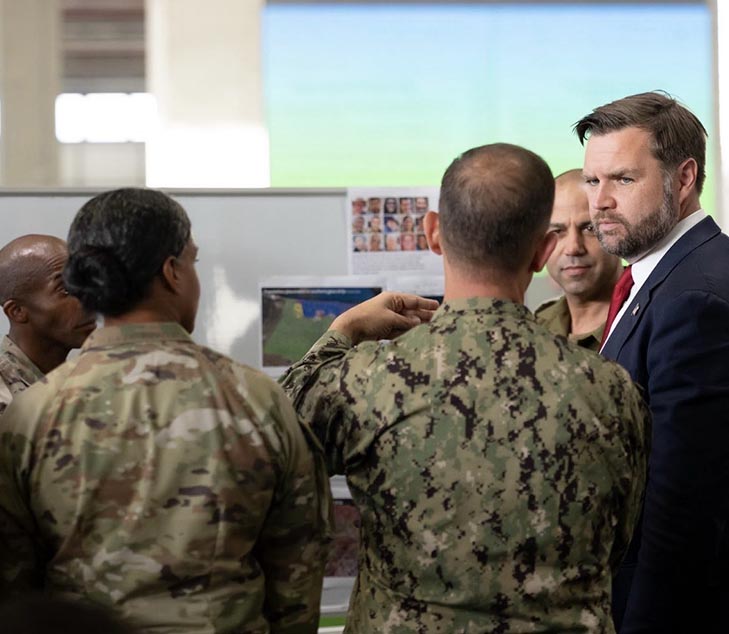
F-35 for the Saudis? There is time to prepare
Regarding the third claim raised in recent days following the Saudi crown prince’s visit to the White House, here too the details matter far more than the headlines. First, assuming that all the benefits President Trump intends to grant the Saudis are conditioned on substantial progress toward normalization with Israel, and considering that this move will be accompanied by a meaningful expansion of the Abraham Accords—even if Saudi Arabia is not the first to join and instead encourages other states under its influence to do so before it—this would constitute a fundamental transformation, a second-order shift in the entire regional system, approaching the new regional architecture.
With the very existence of a new regional architecture in which Israel is a central component, Israel’s strategic position changes significantly for the better. In such a reality, advanced weaponry in Saudi hands carries different implications. Beyond that, it is essential to remember that President Trump’s decision to sell F-35 aircraft to the Saudis requires congressional approval, and it is entirely possible that Congress will impose certain limitations on the deal.
In any case, even if the deal is approved, it would take approximately four to six years before the aircraft are delivered—a period that will allow Israel to improve its preparedness for the new reality both technologically and operationally, and to deepen cooperation and coordination with the United States, all in a way that ensures the preservation of its relative advantage and aerial superiority in the region. The argument that Saudi Arabia would gain a strategic and qualitative advantage simply by possessing an advanced weapons platform like the F-35 should not be dismissed. Nor should the concern be about the possibility of the current regime being toppled or replaced by one hostile to Israel.
However, even under these conditions, it is essential to recall that Saudi Arabia would remain militarily inferior to Israel, and the likelihood that a hostile regime there would choose to initiate a war against Israel or attack it is very low. Moreover, any Saudi regime that relies on a military equipped with American weapons and an air force flying American aircraft remains subject to the influence of the White House and its ability to turn off part of those systems. It is difficult to imagine a situation in which the United States, even under a Democratic president who is very critical of Israel, would allow Saudi Arabia to use American-made aircraft against its senior ally.
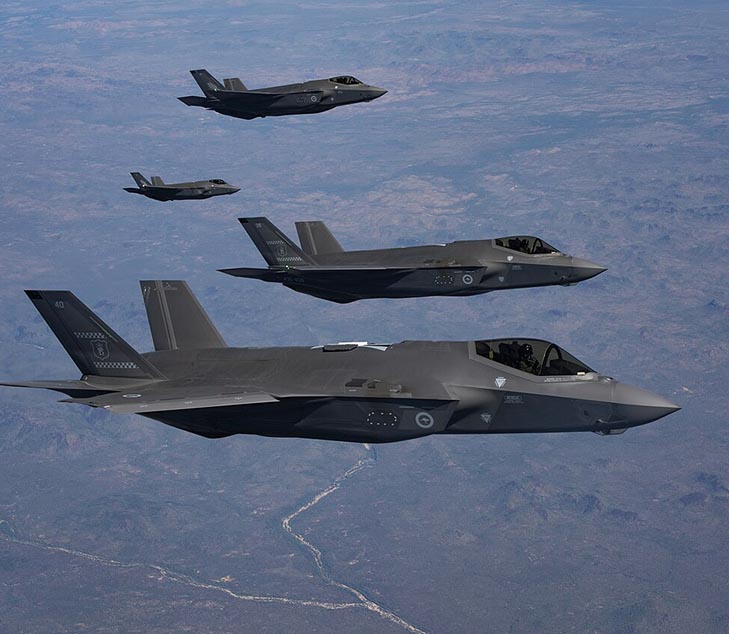
A strategic move through an economic and business lens
The move led by President Trump is not driven by affection for Saudi Arabia that surpasses his affinity for Israel, nor by any recognition or insight regarding a decline in Israel’s strategic value for the United States compared with Saudi Arabia’s strategic utility. Israel’s contribution to American national security in the strategic sphere, as well as its normative and governmental foundations, remains unchanged. The president’s current considerations are economic and business-oriented, stemming from a worldview that identifies the potential in such a strategic move, one that can and should be realized now to position the United States as the world’s leading superpower.
Alongside the great importance Trump assigns to the financial and economic dimension, he remains the most committed president Israel has known and continues to recognize and value its unique strategic significance for the United States. Claims about a preference for Saudi Arabia over Israel are exaggerated and overlook the wide range of American strategic considerations and the broader, future-oriented reality.
Israel is not a client state of the United States, the internationalization of the conflict in the Gaza Strip does not necessarily work against it (quite the opposite), and it has not lost its standing or strategic importance in American eyes. What we are witnessing is a challenging constellation of developments that is reshaping the region, requiring Israel to pursue proactive and creative diplomacy, restraint, strategic patience, and above all, closer, intimate strategic coordination with the United States. It is essential to understand the risks and act to minimize them, but even more important is to identify opportunities and work to leverage and realize them to lead Israel toward a more secure and promising future.
